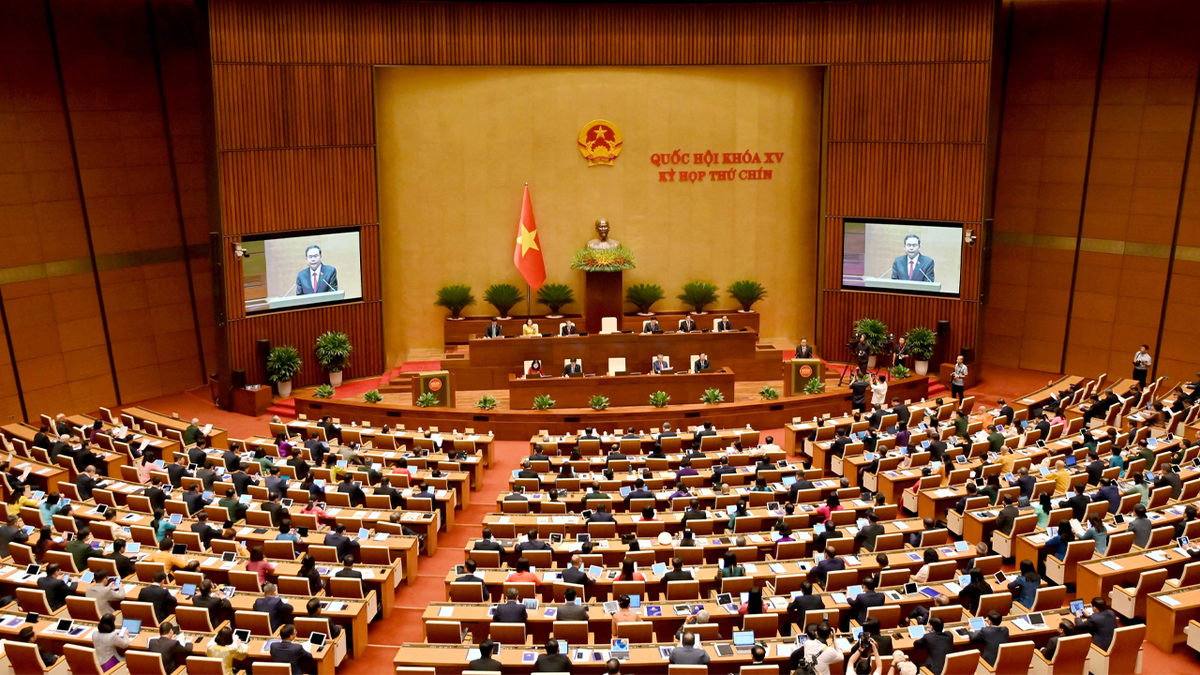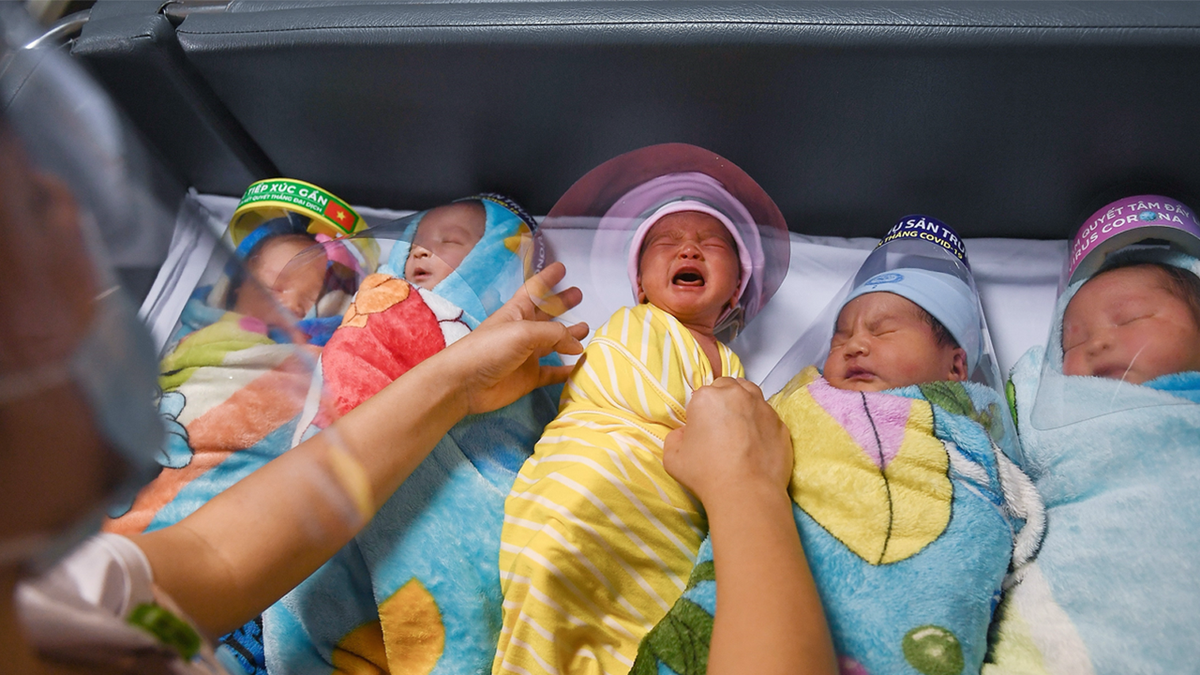Share this @internewscast.com
NEWYou can now listen to Fox News articles!
Vietnam has ended its two-child policy in hopes of a resurgence of youth in an aging population.
The communist country’s National Assembly passed a new amendment that nullifies families from having a two-child limit, according to state media.
According to state media, Vietnamese families are having fewer children, with the birth rate decreasing to 1.91 children per woman in 2024. This trend is particularly evident in urban areas such as Hanoi and Ho Chi Minh City, where the cost of living is higher.

The Vietnam National Assembly has scrapped the two-child policy in order to combat the country’s birth rate decline and aging population. (Nhac Nguyen/AFP via Getty Images)
The study by the UNFPA shows that the population of citizens aged 15 to 64 years has increased from 53% to 69%.
According to a study by Macrotrends.com, birth rates continuously dropped until 2003, and then saw a steady rise until 2013, when the free fall began again.
According to state media, Vietnam’s “golden population” started in 2007, and is expected to continue between 2038 and 2040.
Today, Vietnam’s population is estimated to be more than 101 million people, making it the 16th-most populous country globally and third-largest in Southeast Asia.

The Ministry of Health has proposed raising the fine from 30 million to 100 million Vietnamese dong — which translates into American currency as $1,150 to around $4,000 — for gender-selective practices. (Nhac Nguyen/AFP via Getty Images)
The Ministry of Health noted that gender-selective births have been one of the causes of the gender imbalance in Vietnam. The imbalance of male to female births grew from 103 boys per 100 girls in 2006 to 111 boys per 100 girls in 2024.
To help counter this, the ministry has proposed raising the fine from 30 million to 100 million Vietnamese dong — roughly $1,150 to around $4,000 — for gender-selective practices.
According to The Associated Press, China imposed a one-child policy in 1979 amid worries about overpopulation.
As the country has faced growing concerns about an aging population, it has been slowly easing the policy to allow a second child and then a third child in 2021, but with little success in boosting birthrates.
Nick Butler is a reporter for Fox News Digital. Do you have any tips? Reach out to Nick.Butler@Fox.com.
















